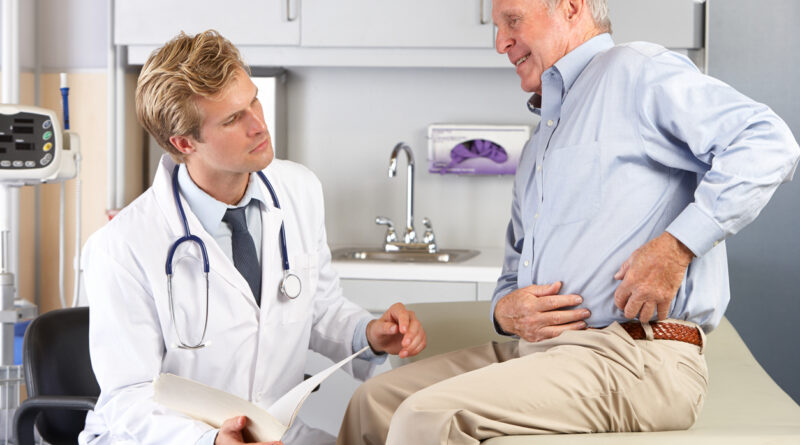Orthopedic Surgery Recovery Process
When you have orthopedic surgery, it takes tremendous energy to recover. You must commit to a lengthy recovery process, physical therapy, activity restrictions, and other life changes. The best way to support your healing is to stay healthy throughout treatment. It includes eating the right foods, getting enough rest, and following your doctor’s instructions.
Preparation
Table of Contents
While physicians always encourage conservative treatment options, there are times when surgery is necessary. Injuries, age, or “wear and tear” on your joints can often reach a point where they cannot be resolved by non-surgical means. Arrange for someone to pick up groceries, food, and supplies after your hospital discharge, and move items that are hard to reach into easier-to-reach locations. Make sure a bedside commode is nearby and arrange to have someone help you bathe as needed. Arrange for transportation to and from your follow-up appointments, errands, and daily tasks like shopping. List all of your prescriptions, including over-the-counter ones, and any allergies and sensitivities you may have. Your physician may recommend avoiding certain foods and medications before surgery, which can increase bleeding or interfere with healing.
Recovery Time
During the phase of orthopedic recovery Los Angeles, taking the time needed to heal is essential. It includes resting and not pushing yourself beyond the limits set by your doctor. The more you move within your doctor’s limits, the faster you recover. Adhere to your doctor’s instructions after surgery, including refraining from strenuous activity that might exacerbate pain and swelling and taking painkillers to relieve these symptoms. Failure to adhere to the doctor’s guidelines may result in delays in recovery or additional injury. Recognize how long recovery from orthopedic surgery would take, mainly because there isn’t a one-size-fits-all solution. However, some clear indicators can indicate that progress is being made. It is often indicated by periods without any increased pain or discomfort and a feeling of returning to the way you were before the surgery.
Post-Operative Care
During the post-surgical phase, patients must follow the doctor’s recommendations. It will help them achieve a faster recovery and support healing as expected. A patient could need several therapies at home or a rehabilitation center, depending on the type of treatment. Upon discharge, patients will receive specific guidelines and instructions for treatment. It includes wound care, assistive tools, medication to prevent infection and reduce pain, dietary advice to maintain a healthy diet, and a rehabilitation plan. Patients must remember that it will take time to recover from orthopedic surgery. Although people are anxious to resume their regular lives, being patient and respecting the healing process is essential. It will also help them maintain consistency in implementing treatment and care practices. It’s also good for patients to discuss their expectations with their doctors before the treatment.
Follow-Up Care
After the surgery, your orthopedic surgeon will schedule follow-up appointments to monitor recovery progress and ensure your body is healing well. It is crucial to attend these appointments, as they can help you identify any issues before they become serious. Your orthopedist will recommend several therapies once your discomfort and swelling have started to lessen to get you moving and return to normal function. It may involve physical therapy, at-home treatment, and other treatments. Patients may worry a lot about how long it will take them to recover after orthopedic surgery. It is mainly because the process can be long and challenging, especially for patients with other health conditions that can slow the healing process.
